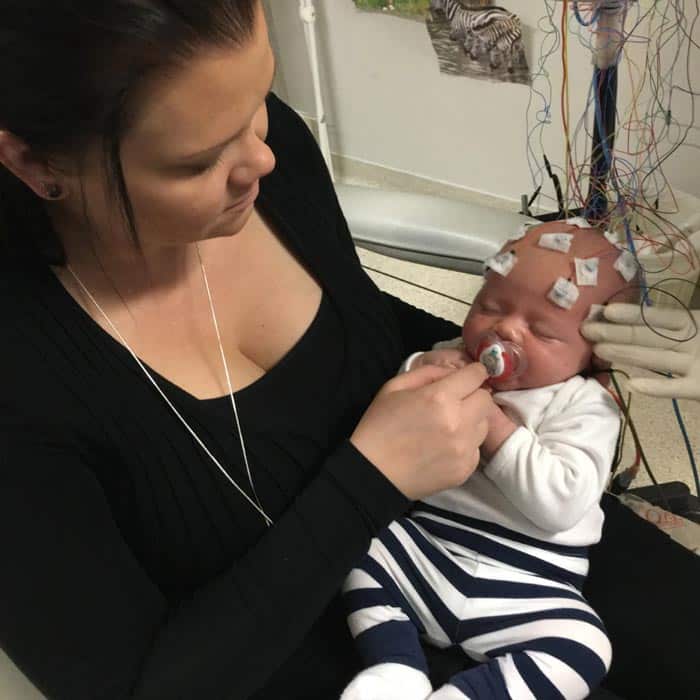Everolimus and uncontrolled epilepsy associated with TSC
Up to 90% of patients with TSC (Tuberous Sclerosis Complex) have epilepsy and in over half of those, seizure control cannot be achieved by regular antiepileptic drugs. This is commonly known as uncontrolled, refractory, intractable, or drug-resistant epilepsy.
Everolimus and sirolimus are both mTOR-inhibiting drugs that have been shown to be effective in the treatment of TSC-related renal angiomyolipoma and subependymal giant cell astrocytoma (SEGA) in clinical trials. Trials such as EXIST-3 have changed treatment pathways in TSC-related epilepsy. The EXIST-3 trial involved 366 patients treated with everolimus and showed a 50% seizure reduction response rate, compared to a 15% response rate in those treated with a placebo.
This article asks questions around the use of evorolimus in uncontrolled epilepsy associated with TSC.
Does everolimus suppress seizures or prevent epilepsy and what does this mean for the optimal treatment timing?
This is an area of evolving research and currently there is no conclusive evidence. There is the suggestion that there may be a treatment window after birth that may influence brain development, and that treatment with everolimus may inhibit the development of epilepsy. But there is more work to be done in early intervention trials to ensure that this treatment is safe and effective in the very young, and there are questions around how long the treatment should continue, as the long-term side effects on growth and immunity in young children are largely unknown.
Can everolimus prevent intellectual disability and autism in TSC?
The age of onset of seizures and the response to treatment are the most important predictors of cognitive development in children with TSC. Treatment with vigabatrin soon after seizure onset in infants results in lower risks of autism and intellectual disability. Treatment with vigabatrin before the onset of seizures may be beneficial, and the EPISTOP and PREVENT trials are looking to answer these questions. Epilepsy is in an important driver of intellectual disability and autism in children with TSC, but at this point is it uncertain whether treatment with an mTOR inhibitor before the onset of seizures could prevent the development of epilepsy. More research is needed.
Summary
While mTOR inhibitors can be of great benefit to those with TSC in reducing tumour growth and in treating uncontrolled epilepsy, in the EXIST-3 trial at least half of TSC patients with uncontrolled epilepsy did not experience seizure frequency reduction. Further studies are needed into everolimus to determine the optimal timing, dose and effects of combination with other drugs.
For more information on mTOR inhibitors see https://tsa.org.au/mtor-inhibitors-in-tsc/
DISCLAIMER
This information is intended to provide some insights into recent TSC-related research. It is not intended to, and it should not, constitute medical or other advice. Readers are warned not to take any action without first seeking medical advice.
Further Information
Citations to the full research articles/papers (and links where possible) are included for those who would like to know more. TSA’s nurse service is also available and offers a free, confidential information and support service which provides TSC information and links to practical support. You can contact Kim, the TSA nurse, by phoning 1300 733 435, emailing [email protected] or visiting https://tsa.org.au/tsa-nurse/

